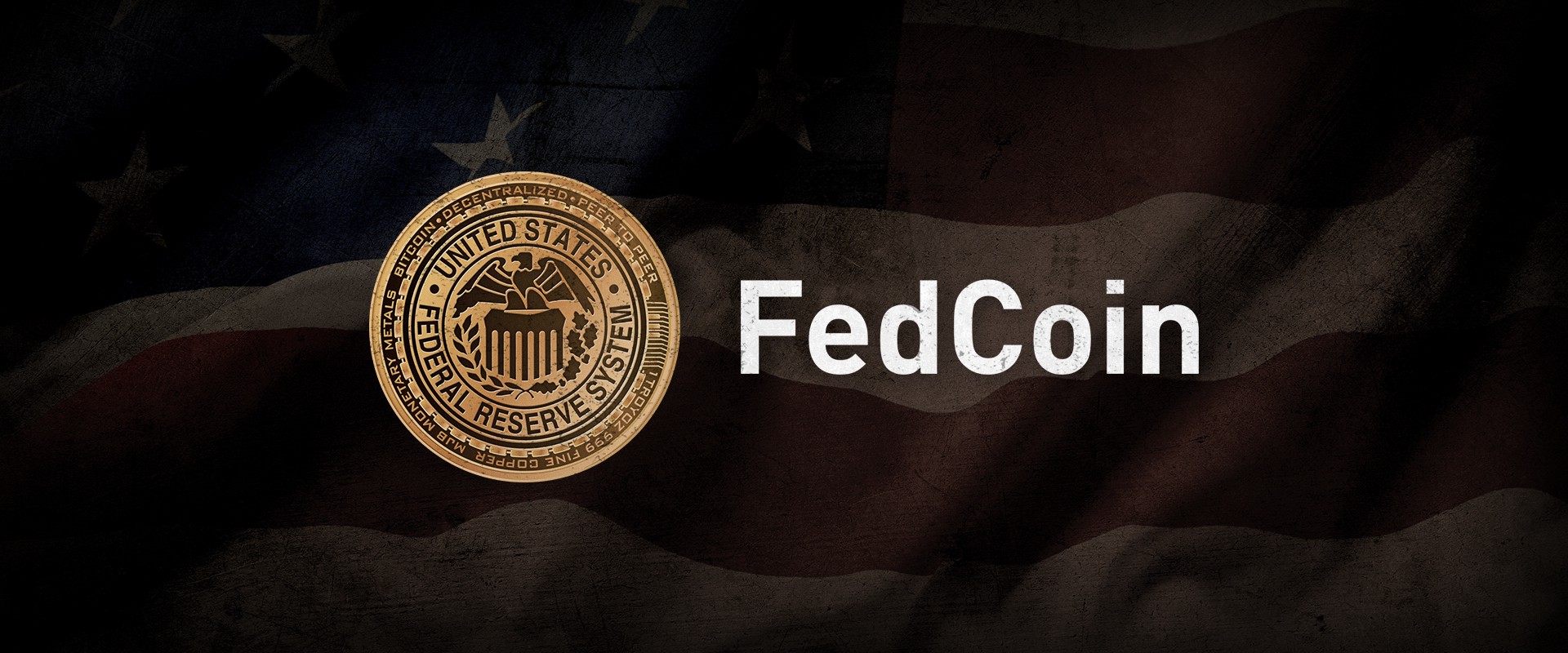PALO ALTO, Calif. (Reuters) - The Federal Reserve is taking a look at a broad series of problems around digital payments and currencies, consisting of policy, design and legal factors to consider around possibly releasing its own digital currency, Governor Lael Brainard stated on Wednesday. Brainard's remarks recommend more openness to the possibility of a Fed-issued digital coin than in the past." By transforming payments, digitalization has the possible to provide greater value and benefit at lower expense," Brainard said at a conference on payments at the Stanford Graduate School of Organization.
Reserve banks globally are discussing how to handle digital finance technology and the dispersed journal systems used by bitcoin, which promises near-instantaneous payment at Click here! potentially low expense. The Fed is developing its own round-the-clock real-time payments and settlement service and is currently examining 200 comment letters submitted late in 2015 about the suggested service's style and scope, Brainard said.
Less than 2 years ago Brainard told a conference in San Francisco that there is "no engaging demonstrated need" for such a coin. But that was before the scope of Facebook's digital currency ambitions were commonly known. Fed authorities, consisting of Brainard, have raised issues about customer protections and information and personal privacy risks that could be postured by a currency that might enter usage by the 3rd of the world's population that have Facebook accounts.
" We are teaming up with other reserve banks as we advance our understanding of central bank digital currencies," she said. With more countries looking into providing their own digital currencies, Brainard said, that adds to "a set of reasons to also be ensuring that we are that frontier of both research and policy development." In the United States, Brainard stated, problems that require research study include whether a digital currency would make the payments system much safer or simpler, and whether it could present financial stability risks, including the possibility of bank runs if money can be turned "with a single swipe" into the central bank's digital currency.
To counter the financial damage from America's unprecedented national lockdown, the Federal Reserve has taken unmatched actions, including flooding the economy with dollars and investing directly in the economy. Most of these relocations received Go to the website grudging approval even from many Fed doubters, as they saw this stimulus as needed and something just the Fed might do.
My brand-new CEI report, "Government-Run Payment Systems Are Risky at Any Speed: The Case Versus Fedcoin and FedNow," information the dangers of the Fed's present prepare for its FedNow real-time payment system, and propositions for main bank-issued cryptocurrency that have been called Fedcoin or the "digital dollar." In my report, I go over concerns about privacy, information security, currency manipulation, and crowding out private-sector competitors and development.

Proponents of FedNow and Fedcoin state the government should produce a system for payments to deposit immediately, rather than motivate such systems in the private sector by lifting regulatory barriers. However as noted in the paper, the economic sector is providing a relatively unlimited supply of payment technologies and digital currencies to fix the problemto the degree it is a problemof the time space between when a payment is sent out and when it is gotten in a checking account.
And the examples of private-sector development in this area are lots of. The Cleaning House, a bank-held cooperative that has actually been routing interbank payments in numerous types for more than 150 years, has actually been clearing real-time payments considering that 2017. By the end of 2018 it was covering 50 percent of the deposit base in the U.S.